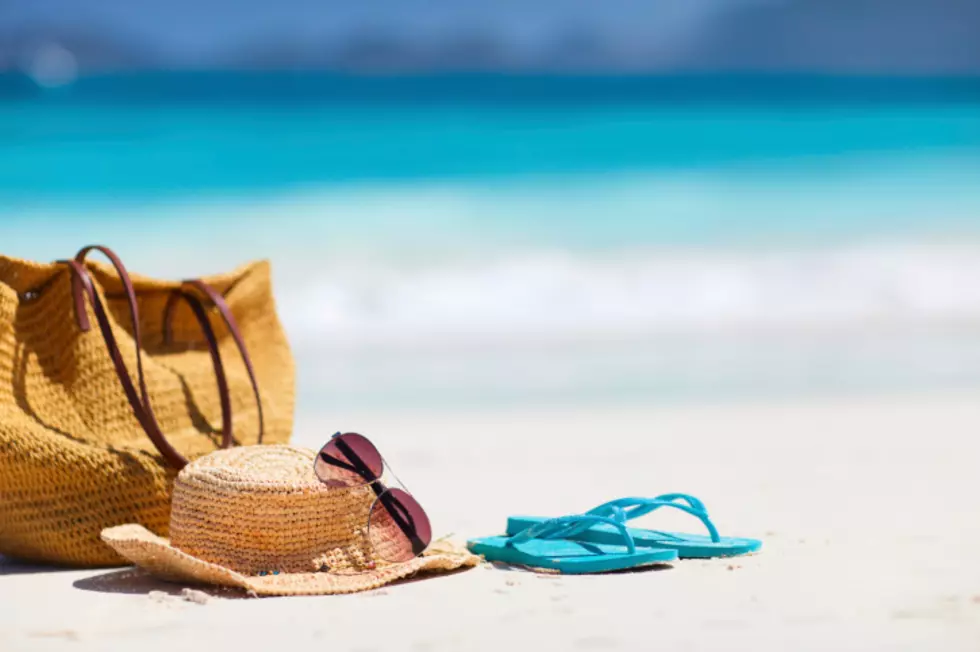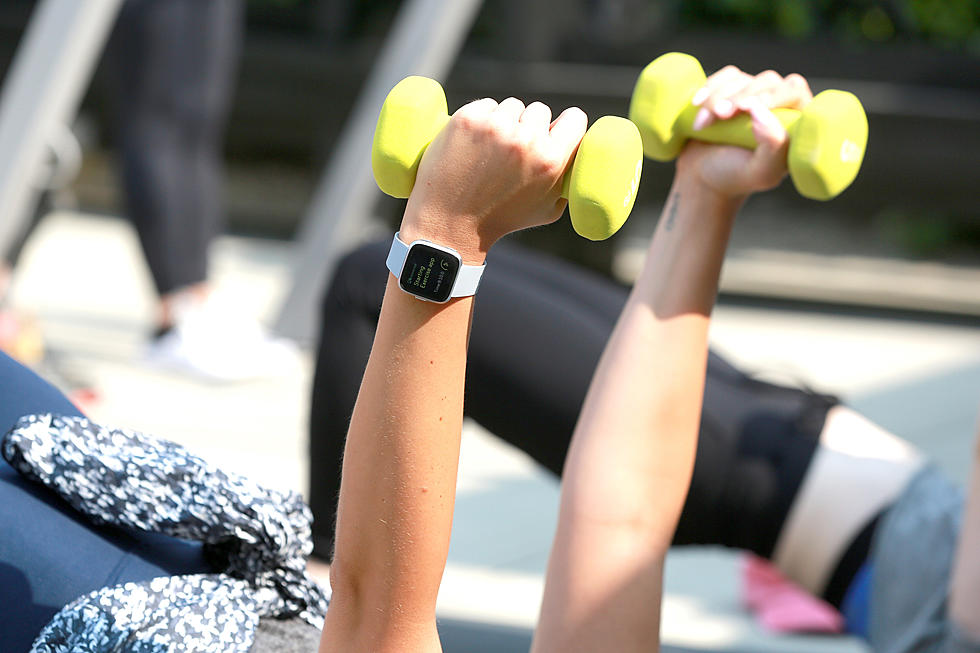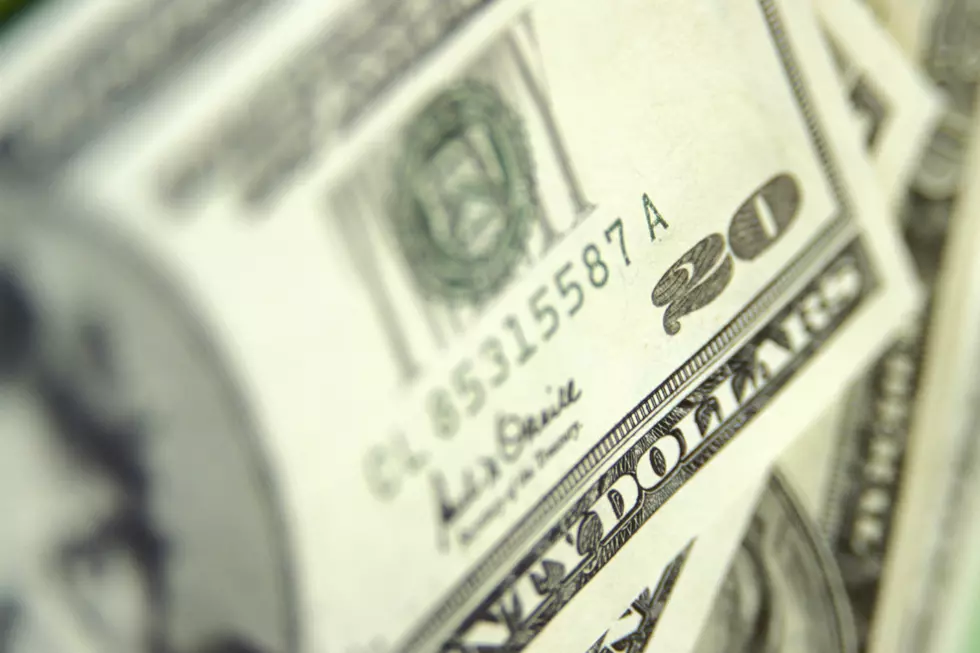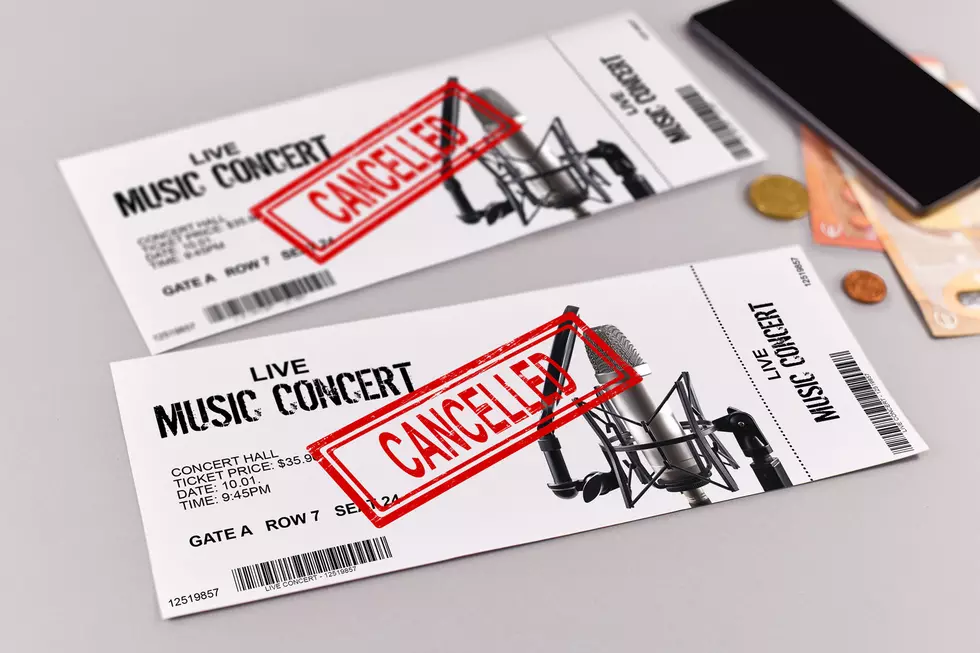
Preparation is Key When Planning a Vacation During Pandemic
It's about that time of year when people get a little stir crazy and start to think of planning a getaway into warmer weather. While the pandemic complicates things, it can still be done.
My wife recently went to Florida with her family and the obvious thing we knew right out of the gate was that she'd have to have her mask handy as they are required at airports and on airplanes. From there, her travel plans adapted to the current conditions in the U.S. She would stay at at a condo on sprawling grounds that had beach access, meaning they could avoid crowded areas. Also, because Florida was the only warm place in the nation, there would be plenty of outdoor activities.
She had a great time, masked up when the need arose, and didn't feel unsafe or like she was missing something by taking precautions. If done right, a winter getaway can still be done.

In all honesty, the Center for Disease Control and Prevention points out that COVID-19 cases, hospitalizations and deaths remain high in the United States, so delaying unnecessary travel is still preferred in order to protect yourself and your family.
However, if you want to explore traveling and are willing to do some extra planning and take extra precautions, the Better Business Bureau offers the following tips when planning a trip:
- Research travel restrictions. Travel restrictions vary by state and country and are constantly changing. Visit the U.S. State Department’s "Know Before You Go" page and the CDC Travel Planner to get up-to-date information on COVID-19 related travel restrictions as you plan your trip and as your travel dates approach.
- Take precautions before and after your trip. During the 14 days leading up to your trip, avoid situations that could put you at risk for infection, such as attending large group events or using public transportation, recommends the CDC. Then, get tested with a viral test 1-3 days before you travel and keep a copy of your negative test results with you. After your trip, get tested again 3-5 days after arriving home and make plans to self-quarantine for 7 days after travel, regardless of your test results. The CDC also advises getting vaccinated, if eligible, and waiting until two weeks after your final vaccination dose to travel.
- Pack a “pandemic bag.” Condé Nast Traveler recommends stocking up on pandemic essentials before you head out. Pack a bag with COVID-19 prevention staples including “hand sanitizer, face masks, disinfecting wipes, health insurance cards, a thermometer, latex gloves (for one-time use in public spaces), and hand soap.” If you’ll be on the road for extended periods of time, it’s a good idea to bring drinks and snacks along too so as to avoid unnecessary stops in public places.
- Make flexible travel plans. Flexibility is key during the pandemic. Be willing to pay extra for fully refundable flights, car rentals, and accommodations. Your plans may change last-minute due to an unexpected lockdown or infection.
- Understand what travel insurance covers. CNBC reminds travelers that purchasing travel insurance is wise, but it may not cover every situation. Read the fine print or work with a travel agent to understand how your policy works.
- Opt for a road trip instead of a flying. Waiting in security lines and sitting on crowded flights will increase your risk of infection, says Nerd Wallet. If you, or anyone you'll be in contact with, is in a high-risk group, it’s best to drive.
- Book accommodations that make it easy to follow COVID-19 guidelines. Business Insider recommends speaking with the hotel or host before you book a stay. Find out what precautions and sanitary measures they are taking in between guests. Inquire about shared facilities, such as gyms, pools, spas and restaurants. In many cases, such facilities could be shut down until further notice. Make sure you are comfortable with the precautions any hotel or vacation rental has in place ahead of time.
- Wear a mask and social distance. To protect yourself and your family, CDC advises travelers to wear a mask, avoid crowded areas and stay at least six feet away from others whenever you are in a public space.
- Enjoy the great outdoors. Hiking and camping at state and national parks are a great way to enjoy warmer weather since they don’t involve sharing indoor spaces with others.
I completely understand the desire to venture out even though the reality of the pandemic puts a damper on it. I have the itch to visit Nashville again and I intend to do it this year, but I'm certainly in no rush. If I found an unbelievable deal closer to fall, I'd book it right now, but only if the cancellation policies were clear and they made it easy to do. That way, I'm not out anything if things don't improve by the time the trip date roll around. Whatever you decide to do, here's to a safe and healthy 2021 for everyone!
LOOK: Answers to 30 common COVID-19 vaccine questions
While much is still unknown about the coronavirus and the future, what is known is that the currently available vaccines have gone through all three trial phases and are safe and effective. It will be necessary for as many Americans as possible to be vaccinated in order to finally return to some level of pre-pandemic normalcy, and hopefully these 30 answers provided here will help readers get vaccinated as soon they are able.

See the Must-Drive Roads in Every State
More From KRFO-AM









